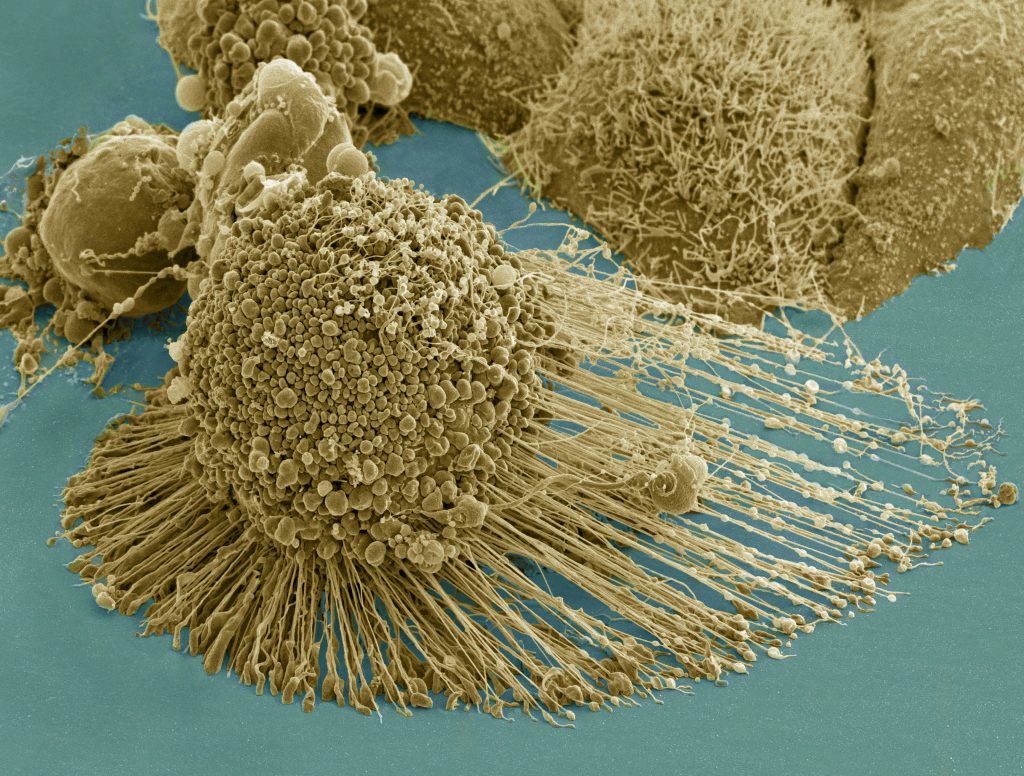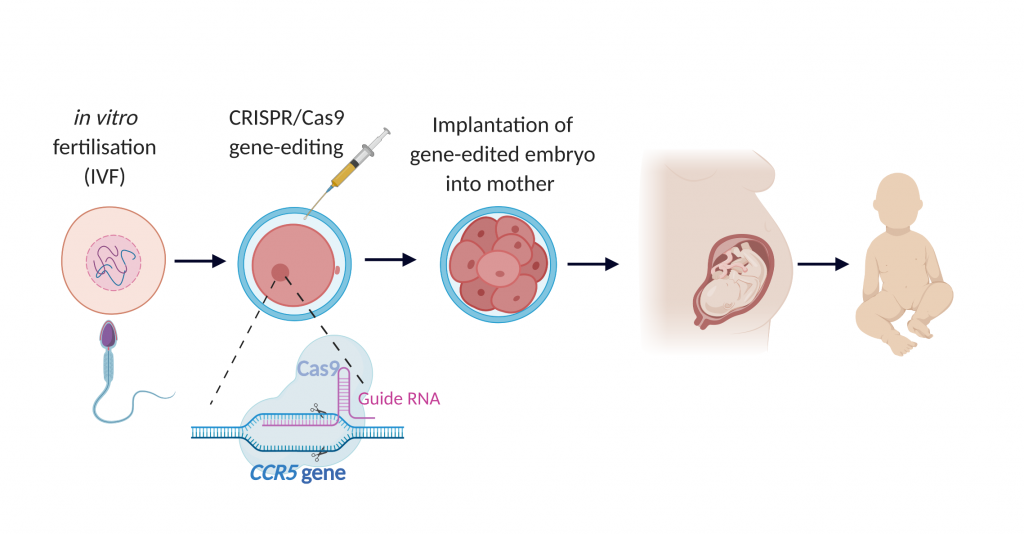Our lecture surrounding ethical dilemmas within the scientific community has really stuck in my brain. Ultimately everyone views situations differently due to individual moral compasses. It also highlighted a key argument: what do you do with good data from bad studies? During the lecture, I concluded that ignoring the data doesn’t undo the crimes committed however it could lead to advances in the medical and scientific field. To see if others shared my views I googled, “unethical studies that generated good data”.
My research revealed it was only in 1945 during the Nuremberg trials that there was an ethical awakening due to prisoner exploitation within concentration camps for medical research. This established the Nuremburg code, which set out to prevent such atrocities from happening again. Unfortunately, studies were conducted before these laws or by people who have no regard for ethical laws now.
Henrietta Lacks

The Henrietta Lacks study is a poignant example of this moral dilemma. Lacks, was in hospital with cervical cancer, unknowingly cancer cell samples were taken and given to researchers. Experiments led to the finding of HeLa cells which became a catalyst for medical advancements in cancer treatments and immunisation.
How do HeLa cells work?
By understanding their function and immortality it is clear they’ve saved countless lives, but the unethical methods by which data was obtained has resulted in controversy.
The lack of consent and financial restitution towards the family outline the ethical complexities of using this data. Surprisingly, Lacks family have started a movement #HeLa100, promoting the use of HeLa cells, and wish for her legacy to continue. Arguably, there is now familial consent so can the data be classed as ethically sound?
He Jiankui

The He Jiankui gene editing study also interested me, as unlike Henrietta’s story this is more recent, 2018. Jiankui lead unauthorised experimentation on embryos to try and counter HIV, by modifying embryonic genomes to become resistant against HIV – using techniques shown in the diagram. This produced potential benefits within gene editing technology. However rigorous investigations after the research was published led to this statement “He had defied government bans and conducted the research in pursuit of personal fame and gain” resulting in a sentence of 3 years imprisonment. Fortunately the embryos in question have become three healthy children.
This creates the dilemma – can we use these techniques?
My thoughts
Upon reflection, I think both studies generated data that has led to great scientific discoveries, which fortunately haven’t had negative consequences. It is estimated that HeLa cells have gone on to save over 10 million people worldwide. I think that statement alone argues that we should be using this data even if it was obtained by unethical means. These cells have also contributed towards development of vaccines, preventing the spread of disease and minimizing impact – e.g. the COVID-19 vaccinations.
I also believe that although He Jiankui conducted an unethical study, it’s positive outcome brought about an unbelievable breakthrough in gene editing science. It could create treatments for inherited disorders, that are currently incurable.
Overall, I think the data generated from these studies has led to life changing scientific breakthroughs that if ignored could result in unnecessary deaths and stress on hospitals. But this is just my view, so I would like to put this out there what would you do with good data from bad studies – would you use it?